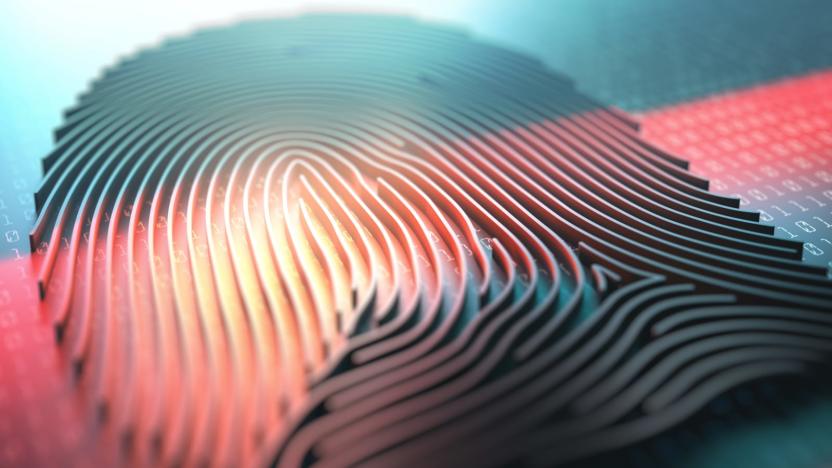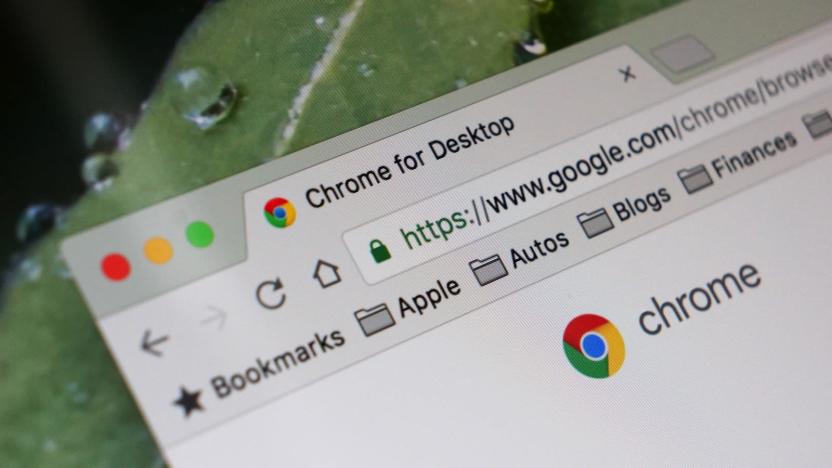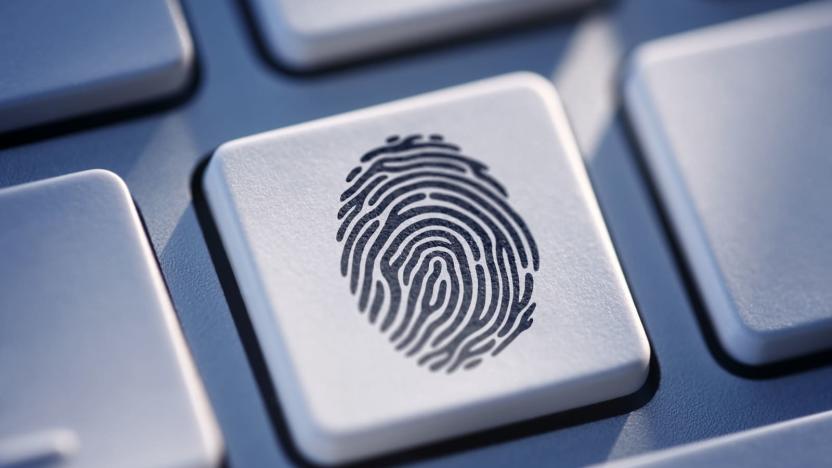webauthentication
Latest

The web just got an official password-free login standard
Web Authentication (aka WebAuthn) has been a de facto standard for no-password web sign-ins for a while given that many tech giants are already using it, but now it's official. The World Wide Web Consortium and the FIDO Alliance have finalized the Web Authentication format, making it the go-to option for logging into accounts with potentially greater security and convenience than typing in your credentials. If a site supports it, you can get in using biometrics (such as fingerprints or facial recognition), USB security keys, or nearby mobile devices like phones and smartwatches.

Microsoft Edge now supports passwordless sign-ins
Edge users will soon be able to securely sign into websites without having to remember their passwords. Microsoft has today announced support for the Web Authentication specification in the browser, which will let you log on using Windows Hello hardware (so that's IR cameras and fingerprint readers), as well as PINs or external FIDO2 security keys, like the one launched by Google last week.

Google Chrome now supports more password-free sign-ins
Google is acting on its promise to banish more passwords. It just released Chrome 67 for the desktop, bringing the Web Authentication standard to what's arguably the most popular browser. As with Firefox, the technology allows password-free sign-ins (such as USB keys) through virtually any website rather than having to access specific services. And don't worry if you're still comfortable typing things in -- there are a few other useful additions.

Firefox takes a big step towards eliminating passwords
Today, Mozilla released Firefox 60 for Windows, Mac, Linux and Android, and with it arrives Web Authentication API for desktop browsers. This is a new security standard that allows Firefox users to log into all their online accounts with a single device, such as YubiKey. It doesn't mean that you don't have to use passwords anymore; only websites that recognize Web Authentication will work. But it's a huge first step to eliminating passwords altogether.

Windows 10 update will support more password-free logins
It's not just web browsers that are moving beyond passwords. Microsoft has revealed that Windows 10's next update will support the new FIDO 2.0 standard, promising password-free logins on any Windows 10 device managed by your company or office. You could previously use Windows Hello to avoid typing in a password, of course, but this promises to be more extensive -- you could use a USB security key to sign into your Azure Active Directory.

Web standard brings password-free sign-ins to virtually any site
Tech companies have been trying to do away with web passwords for years, but now it looks like they've reached a key milestone. The FIDO Alliance and W3C have launched a Web Authentication standard that makes it easier to offer truly unique encryption credentials for each site. That, in turn, lets you access virtually any online service in a PC browser through password-free FIDO Authentication, not just specific services. You can continue to use familiar methods like fingerprint readers, cameras and USB keys, and it can serve both in place of and in addition to passwords.


